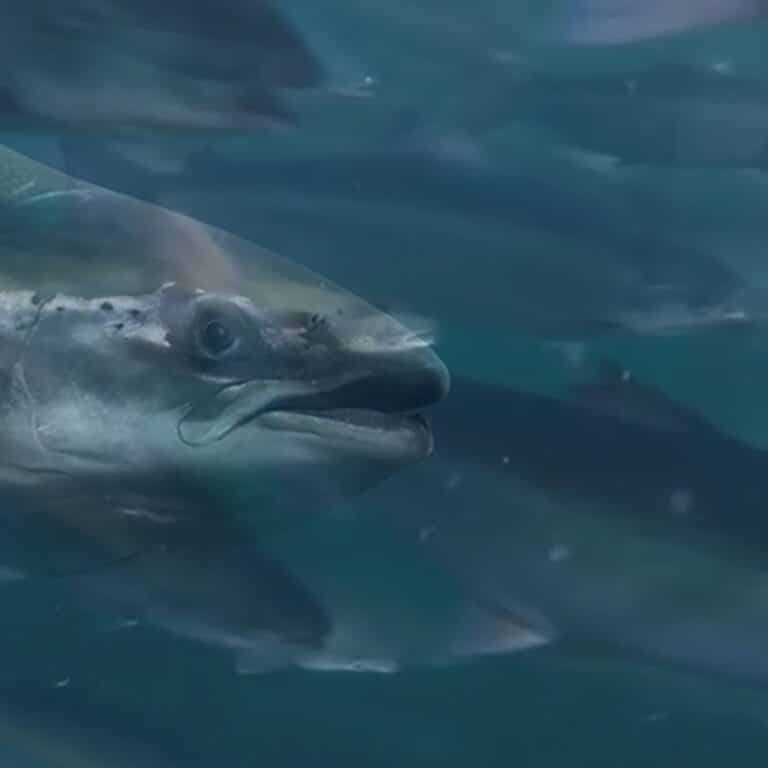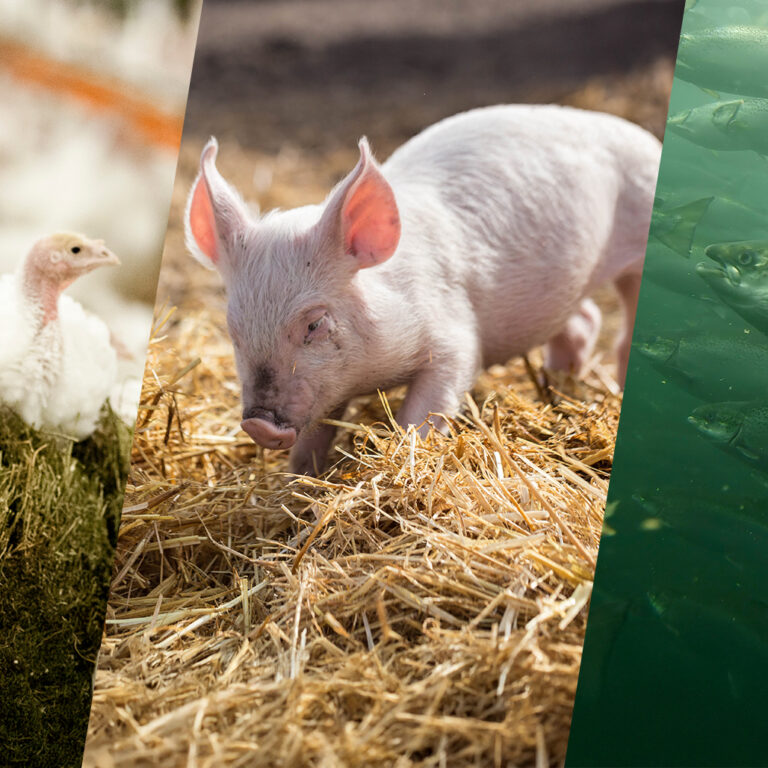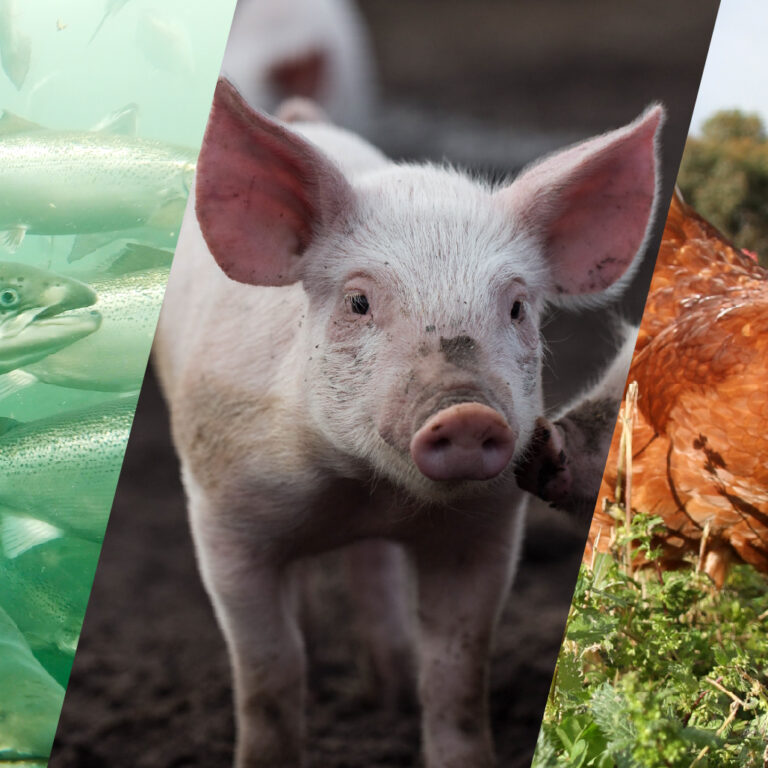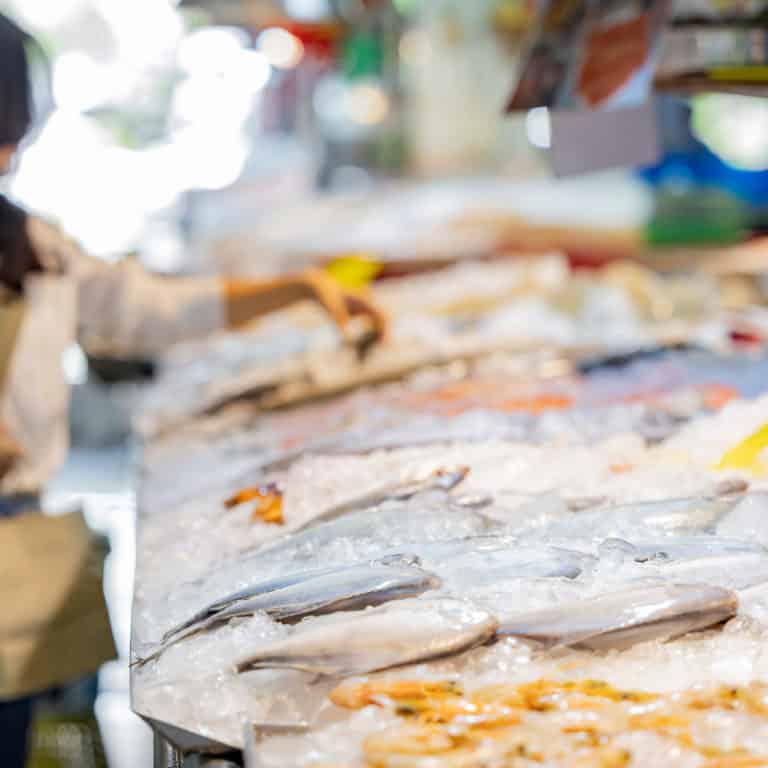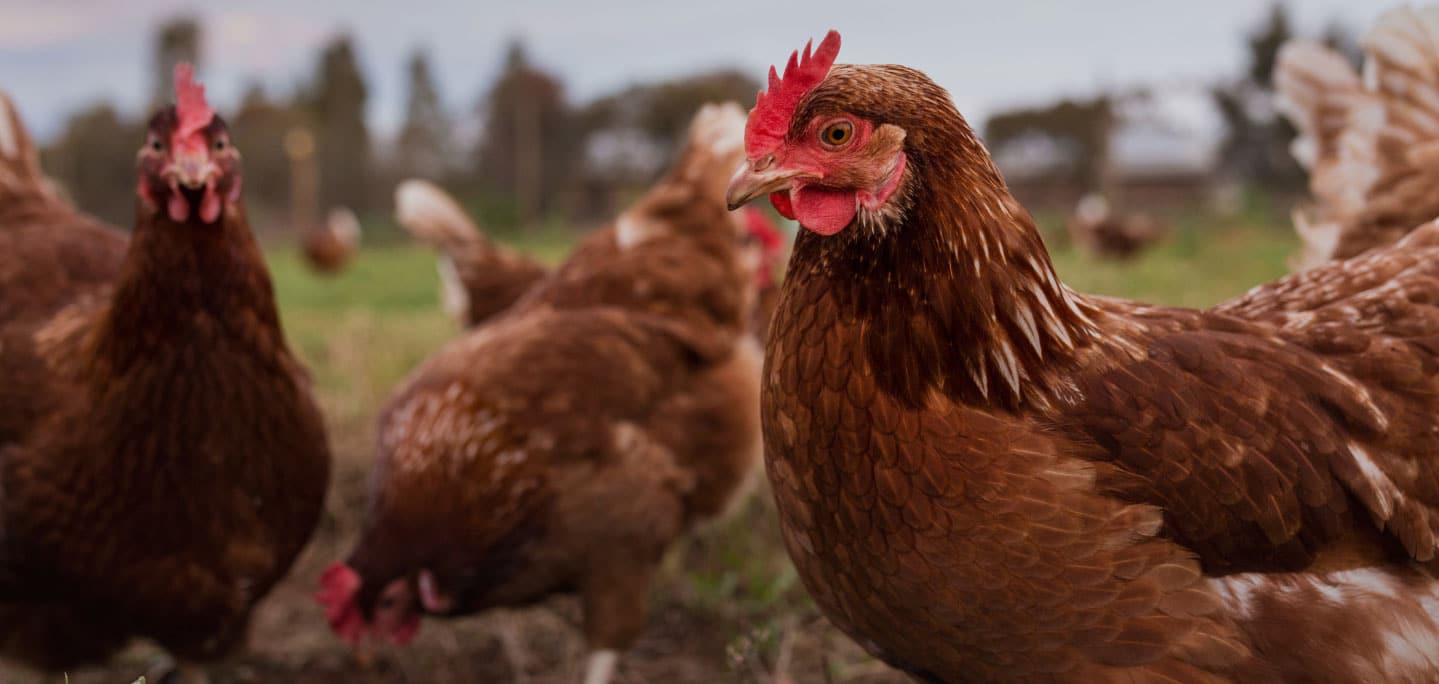With the release of the RSPCA Approved Standard for farmed Atlantic salmon, you might be wondering what animal welfare means in fish farming. To help explain, we’ve broken it down into the different stages of a farmed salmon’s life. Did you know salmon are grown for 3 years? That’s a long time in the life of an animal raised for food and there are lots of ways to improve their quality of life.
Which comes first: the fish or the egg?
Life for farmed Atlantic salmon begins when eggs and ‘milt’ (sperm) are collected from special breeding fish (known as broodstock) each autumn. This is done by firstly releasing the fish into a bath containing anaesthetic to ensure they don’t feel any pain and then collecting the eggs and milt from each fish. For good fish welfare it’s important that this is done by farmers with specialised skills, experience and careful handling.
The eggs and milt are then mixed together to produce fertilised eggs, which are kept in incubators at specialised hatcheries.
Even before the salmon are born, they’re kept in an environment that allows the eggs to thrive, with clean water flow that provides plenty of oxygen for them to grow, as well as substrate (shelter) for the hatchlings to nestle in. These conditions are designed to mimic those in the wild. The temperature of the water determines how long the eggs incubate for before they hatch.
A fresh start
When the young salmon are old enough to feed on their own, they’re moved to freshwater tanks to continue growing. Here, young salmon are vaccinated against infectious diseases by highly trained and competent handlers to ensure the fish aren’t stressed by the process. In freshwater tanks, the water is oxygen-rich, while feed comes from suppliers who source their marine ingredients from responsible fisheries. Did you know that the orange-pink colour of salmon meat comes from a carotenoid pigment that wild salmon digest when eating plants, crustaceans and other foods? In aquaculture systems, the same carotenoid (sourced from algae) is added to the feed, which gives the fish the same health benefits it would obtain from carotenoids in the wild including its anti-oxidant properties which helps to prevent cell damage.
As they grow, the salmon are transferred to larger tanks before being moved to ocean pens at around 12-18 months old – at this stage, salmon have undergone a physiological change that allows them to adapt from freshwater to seawater. Throughout this growing period salmon will be handled, either individually or as a group, a number of times so it’s vital that that farmers are trained and competent in low-stress handling.
Time at sea
Once the salmon have been released into a marine pen out in the ocean, the farmers focus on keeping all salmon in the pen well fed and protecting them from predators. Seals are notorious for trying to break in to snack on the salmon, which means not only does the netting need to be super-strong but the design of the pen also needs to be highly sophisticated to keep the fish in and stress-free whilst keeping seals and other wildlife, such as birds, out. Water quality, stocking density and feeding schedules are also carefully observed and managed by skilled personnel to ensure the fish remain healthy and not overcrowded.
Salmon remain out at sea for up to 15 months and reach weights of around 5kg.
From ocean to plate
When it’s time for harvest, it’s important that the fish are free from pain and distress. The salmon are kept in water for as long as possible before they are stunned. Stunning is done via a percussive blow to the head which is quick and the most humane way to stun a fish prior to slaughter. Once unconscious, they are killed and placed in an ice slurry to be transported to a processing plant. It’s here they are gutted, cleaned and turned into a fresh, frozen or smoked product.
With the new RSPCA Approved standards for farmed Atlantic salmon, the RSPCA is working with farmers to ensure that animal welfare is prioritised throughout their life. By offering humanely raised salmon, aquaculture companies that are part of the RSPCA Approved Farming Scheme will be able to help conscious consumers make a good choice.
Find out more answers to questions about how the RSPCA Approved Farming Scheme is improving the lives of farmed salmon.

